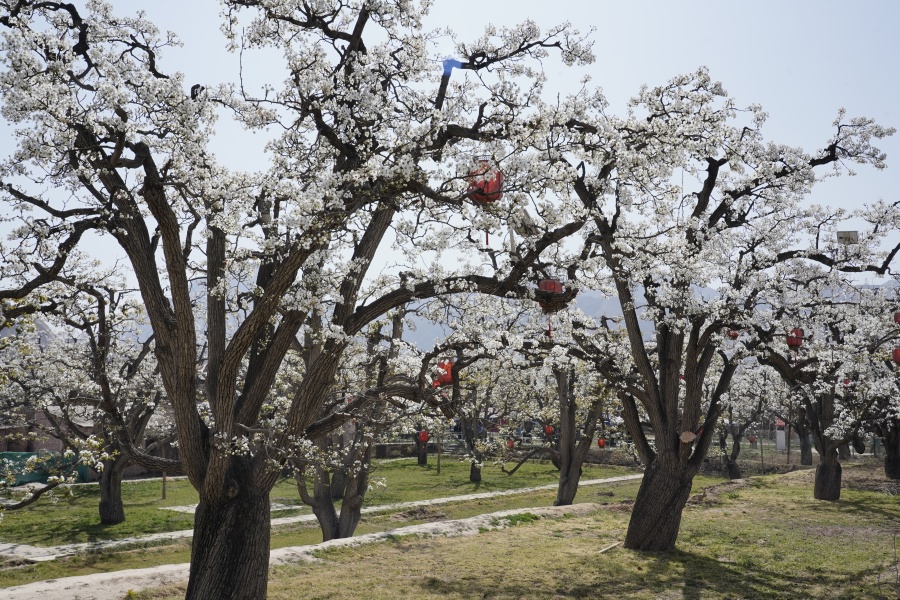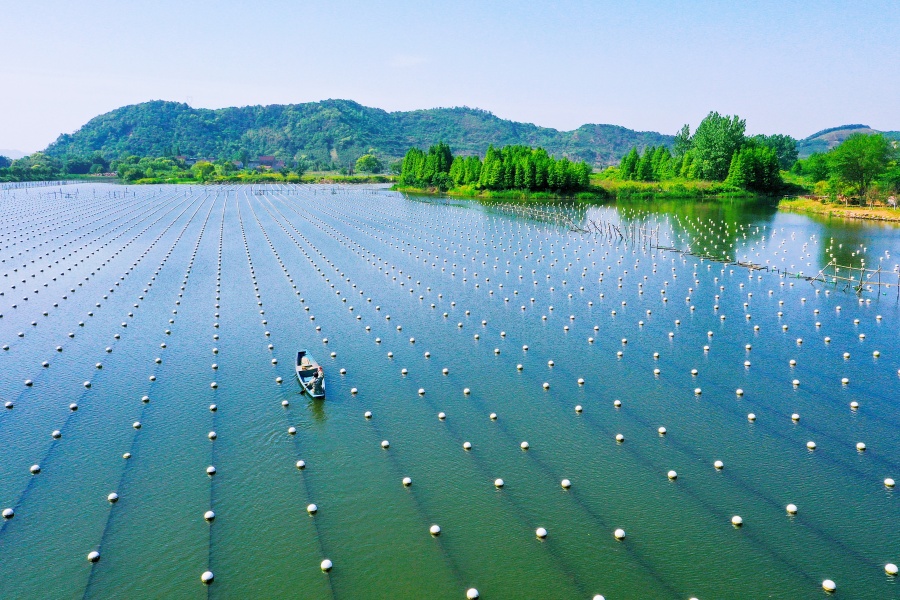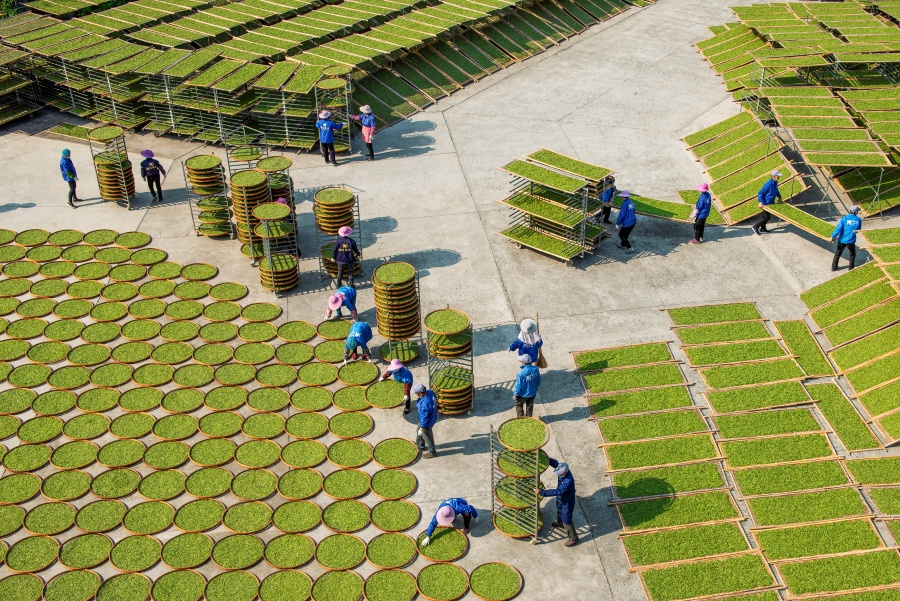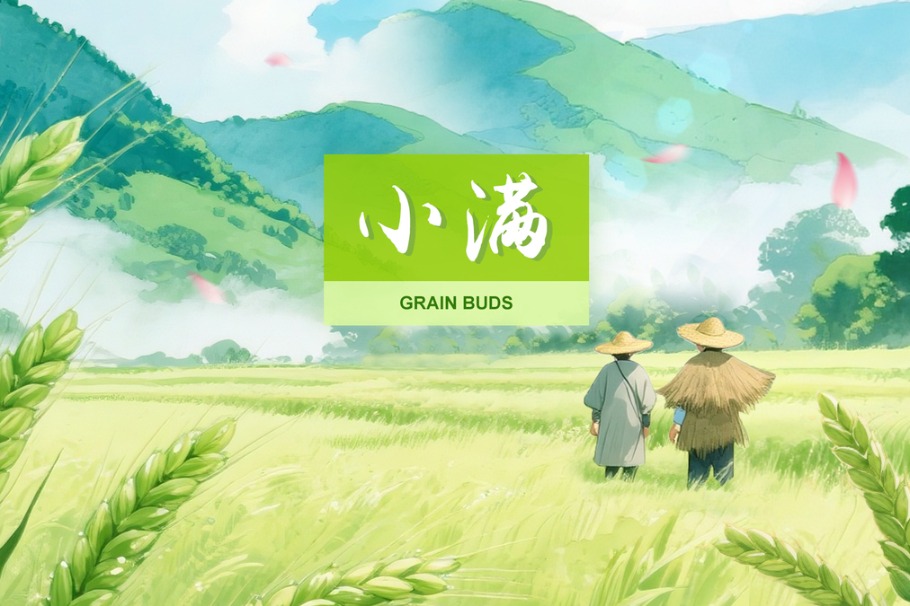China expands globally important agricultural heritage sites


China has added three new sites to the United Nations' list of Globally Important Agricultural Heritage Systems (GIAHS), bringing the country's total to 25 — the highest number in the world, the Ministry of Agriculture and Rural Affairs announced on Tuesday.
The newly recognized sites include an ancient pear orchard system in Northwest China's Gansu province, a freshwater pearl farming system in East China's Zhejiang province, and a white tea cultural system in East China's Fujian province, according to the Food and Agriculture Organization.
Located in Shichuan, Gaolan county in Gansu, the ancient pear orchard system is known for its hundreds of years' pear trees and traditional farming techniques. Local farmers have passed down innovative methods such as high-altitude pruning, pest control through flower dusting, as well as traditional underground storage for fruit preservation.

The Deqing Freshwater Pearl Mussels Composite Fishery System, based in Zhejiang's Deqing county, is an 800-year-old fish-mussel co-cultivation system that merges aquaculture, agriculture and craftsmanship.
It yields pearls, rice, silk and more. "This circular system enhances biodiversity, food security and cultural heritage, offering global insights into sustainable farming, ecological balance and rural development," the FAO said.

In Fujian's Fuding, white tea cultural system blends favorable geography, climate and centuries-old tea culture. The area is home to nationally recognized tea varieties such as Fuding Dabaicha and Fuding Dahaocha, and maintains traditional seed propagation methods. The ecological tea garden practices enhance resource efficiency and pest management, according to the ministry.
The GIAHS program represents natural landscapes and agricultural practices that create livelihoods in rural areas while combining biodiversity, tradition and innovation, according to the FAO. Since 2005, it has designated 89 systems in 28 countries as agricultural heritage sites.























